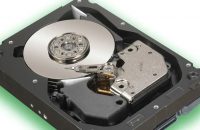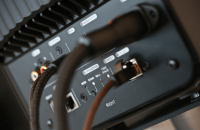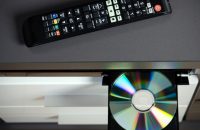ADC and DAC are two integral components of the audio path – the path along which an electrical signal passes, converted into sound, or vice versa into a digital code containing information about the “original” sound.
The sounds that a person can hear are analog, that is, they are created using physical influences, phenomena and are transmitted using sound waves through the air, and it does not matter how and from what the analog sound was obtained.
Digital electronics are not capable of perceiving an analog signal, just like a person, since it operates with a binary code, therefore it is required to convert an analog signal into a digital signal suitable for it. After that, if necessary, the reverse conversion of the digital signal into an analog signal suitable for human hearing is performed. For these needs, ADC and DAC were created.
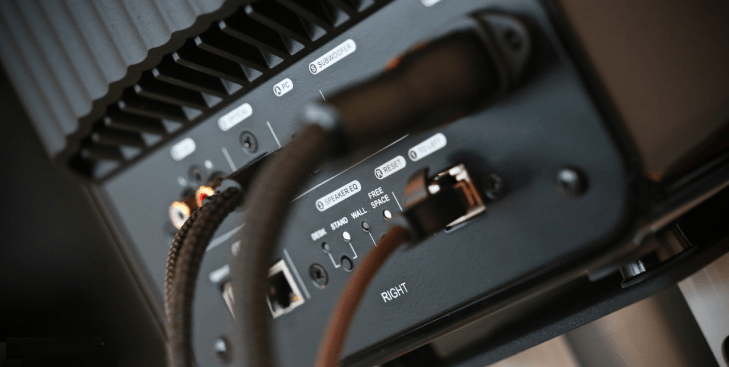
Digital to analog converters
Digital to analog (DAC) works with a digital signal and transforms it into an analog audio signal. However, not only sound. Indeed, if digital data is easier to store and handle, it must still be able to use it. What good would digital sound be if we couldn’t hear it?
Thus, on a multimedia computer there are digital to analog converters for most of the outputs:
- sound card audio outputs;
- musical synthesizer;
- printer;
- modem (on transmission).
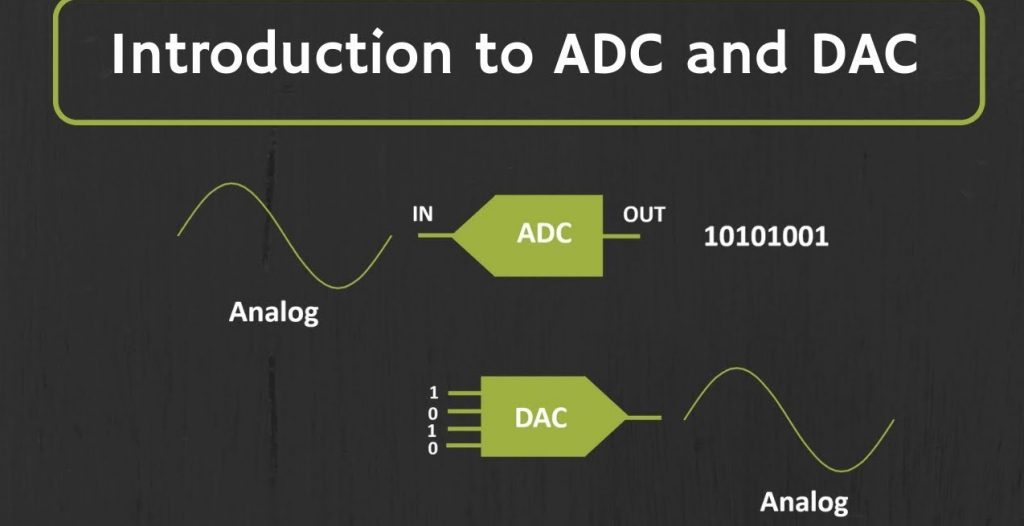
Analog to digital converters
An analog to digital converter (ADC) is a device that transforms a phenomenon that varies over time into digital values. When the digital values can be stored in binary form (therefore by a computer), we speak of multimedia data.
A so-called “multimedia” computer is a machine capable of digitizing documents (paper, audio, video, etc.). The main devices with analog to digital converters are:
- video capture cards;
- scanners;
- sound capture cards (almost all sound cards);
- mouse, screen and any pointing mechanism;
- drives (optical like the CD-ROM drive, magnetic like the hard drive);
- modems (at reception).





